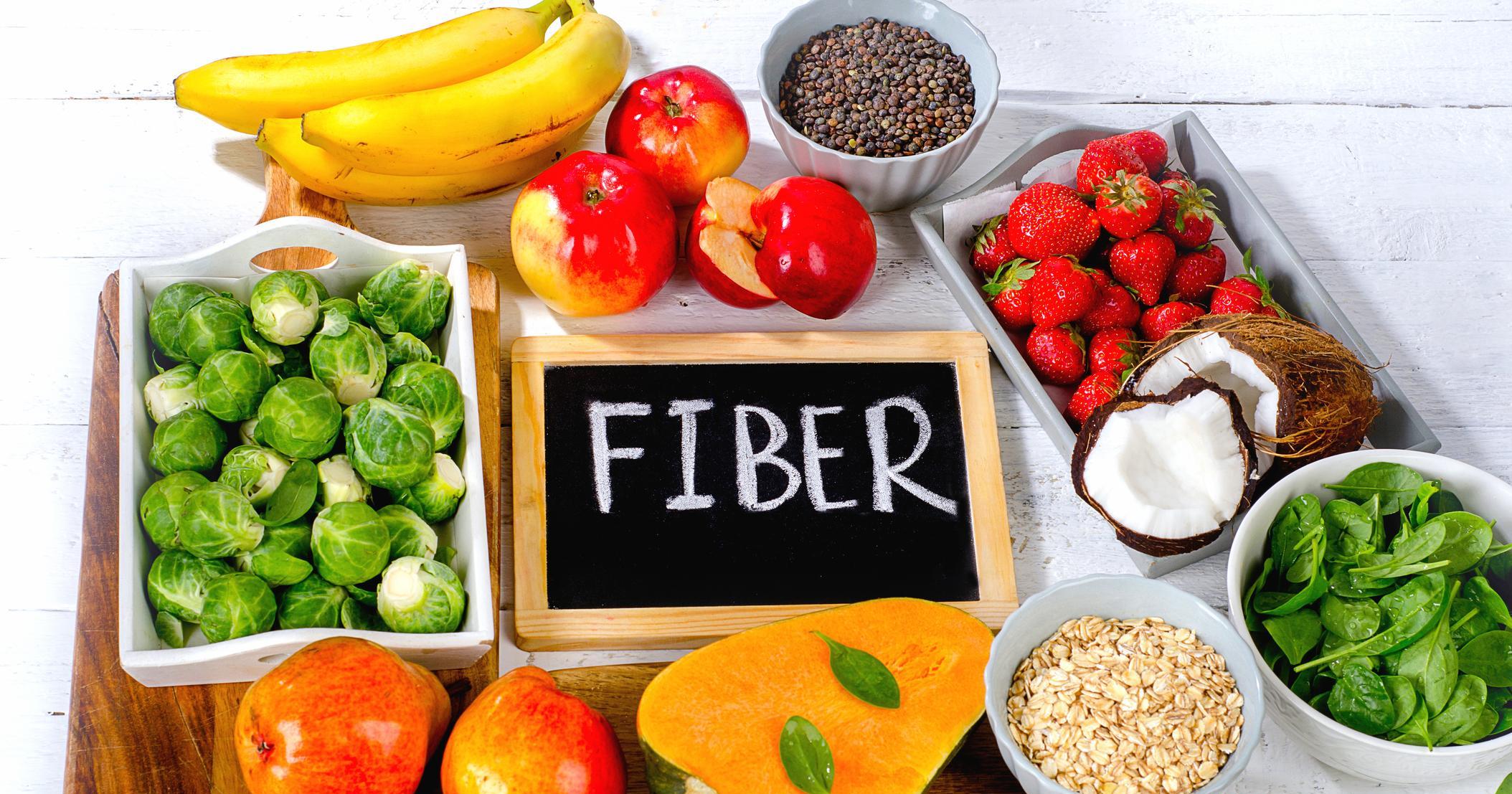How To Quickly Treat Intestinal Gas
Everyone has problems with intestinal gas from time to time. The intestine makes gas depending on the amount of gas regularly present in the stomach and the food that gets into the colon undigested. It is also determined by how fast food goes through the colon, so it generally comes from the lower intestines. In the majority of cases, excess abdominal gas is from swallowed air. In other scenarios, gas can be from not properly digesting sugary food and foods with polysaccharides. A little bit of gas is natural and healthy. Chronic gas makes individuals worry about their intestinal health. Symptoms of excess gas include passing gas aka flatulence, burping, belching, or feeling extended in the abdominal area. Thankfully, there are a few steps individuals can take to ease symptoms of intestinal gas.
Reduce High-Fiber Foods

Patients can reduce the quantity of high-fiber foods they consume to eliminate the amount of gas they have and flatulence they deal with daily. While adding fiber to one's diet is an excellent choice for most individuals, some get a significant increase in gas when they do so. Fiber is plant material that isn’t digested by the stomach and gastrointestinal tract. If individuals eat high-fiber foods for health reasons, such as avoiding constipation or preventing diverticular diseases, they may have to back off from eating as much fiber as they have been taking in to prevent lots of intestinal gas. Individuals can also increase the amount of water they drink, as it may soothe some symptoms. The better the intestinal tract digests fiber, however, the more gas an individual will have. If an individual has lots of intestinal gas with one type of fiber, they should try using another variety to see if their body can digest that fibrous food better.
Uncover more methods of reducing intestinal gas now.